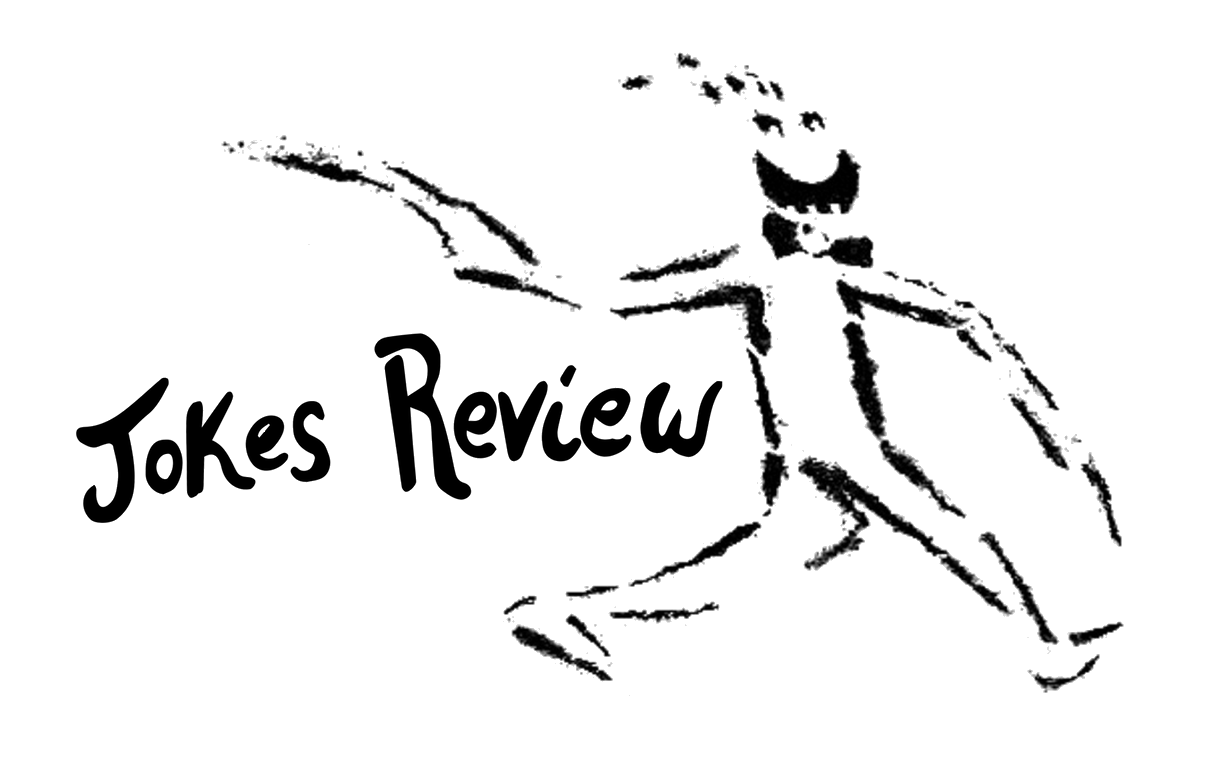George Saunders recently appeared on the Ezra Klein Show to discuss his new book, Liberation Day. I’m a big fan of Saunders’ writing. And I wish everyone would listen to his spiel about how stories have the power to make people more empathetic. But I do have a grievance with Saunders’ writing. His talk with Klein gives me the chance to air it.
Twenty-eight minutes into the podcast, Saunders describes his approach to writing:
“[My] stories are composed over many months. The process is to go into the first draft and micro-edit it over and over and over again. And the article of faith is that, by doing that, I’m doing two things: One is I’m infusing more of myself into the text in a way that I’m not planning. Second of all, the whole document is elevating this rhetoric to be more nuanced, more ambiguous, hopefully funnier, more persuasive, more surprising. The end results of eight months of work on a short story is that there’s a presence there that’s more intelligent than I am.”
One thing to note right away: Whatever Saunders does to write his stories, it works. Obviously. He’s often said to be the most important short story writer today.
But this extreme editing practice that he has, in my view, can be a detriment to his writing.
He notes that endless editing “infuses more of myself into the text.” This is a thought-provoking idea, and it rings true in a sort of romantic way, but I don’t think it’s right. Consider the movie Cowboys & Aliens. The script for this film was famously worked on by countless writers. Whatever editing process Saunders takes with his stories, Cowboys & Aliens received that level of editing times a thousand. But despite all that, it’s a mediocre script. And more to the point, it’s silly to think that the final draft was at all benefited by all these writers “infusing themselves” into the script.
Granted, this isn’t a perfect analogy because the Cowboys & Aliens script was a vehicle to turn a profit for film producers. The screenwriters may not have been intending to infuse themselves into the script.
But then, the more you think of it, what the hell does that even mean? Speaking in literal terms, isn’t a thing you produce all of you by definition? You can put more of your time into something, sure, but is it more of you? Is the first-draft-writer version of you less you? Arguably it could be more authentically you, right?
I wouldn’t bother questioning Saunders on this—again, he’s obviously a brilliant writer—but for the fact that his new collection feels overedited. That’s almost its primary characteristic: feeling overedited. It’s calculated to the point of being clunky. It’s dry while also indulgent. It’s forced to the point of not being fun.
Not always. Sometimes his style is 1oo% dialed in to the point of perfection. The leading story “Liberation Day” is brilliant and hits like a fucked-up action movie. “A Thing at Work,” equally so.
I really wonder: did Saunders spend more or less time on these two stories? I’d like to think less.
If not, I have an alternate theory for why many of the stories don’t work, in my view. When a rock band ages, they often keep putting out albums that have the general style of their early albums, but without the energy and authenticity. Every Pink Floyd album after The Final Cut feels like it was put out by a Pink Floyd cover band.
Saunders may be suffering from this. Maybe all the “self” he’s “infusing” into his stories through editing is contemporary George Saunders trying to call up young George Saunders, and the result is cover-band George Saunders.
As a longtime fan of his, my sincere hope is that someday he’ll put out a collection that’s raw. That spits on his old style rather than endlessly tinkering with it.
The result could be something special, a side of Saunders we’ve never seen before.






